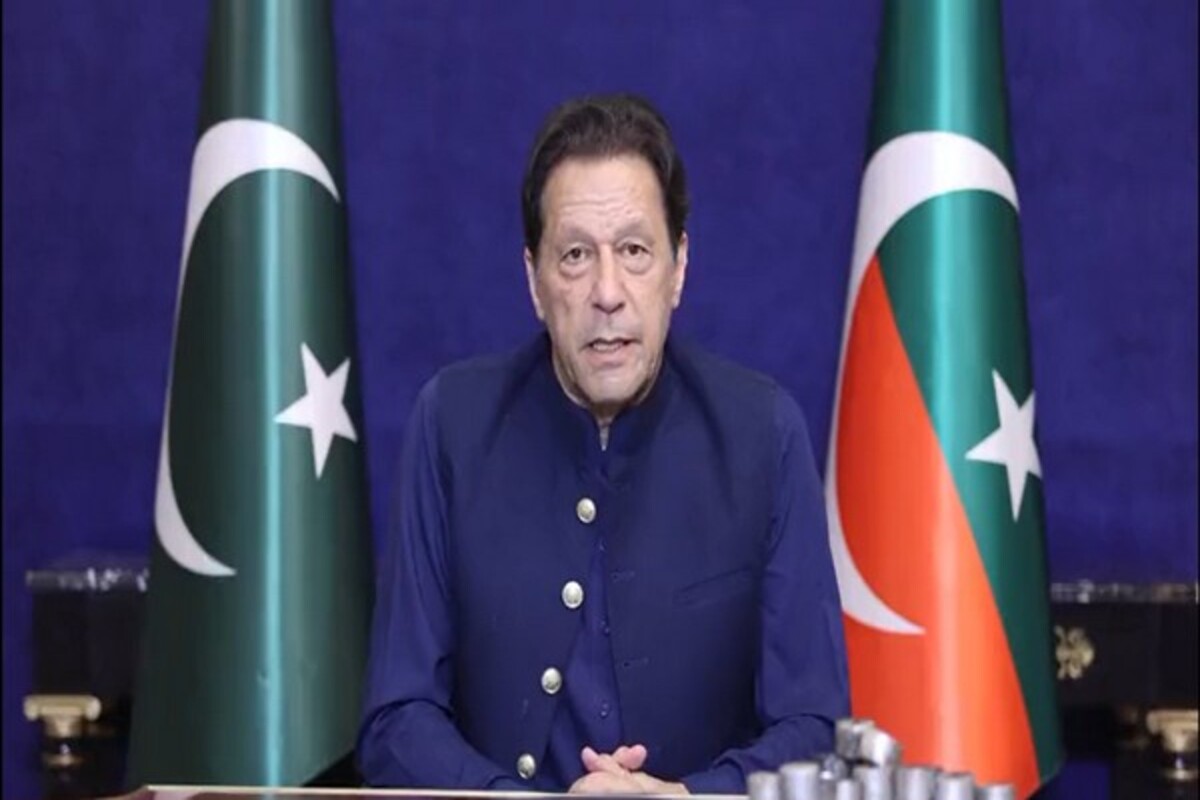Pakistan’s Army is clearly feeling the heat. Even as many in the country, and many more outside, ask whether and when it will intervene to seize power from a fragile coalition that seems to be making a mess of running the country, and with national institutions on the brink of implosion, the Army has launched a furious public relations exercise to deflect some of the criticism it has faced, principally from the Pakistan Tehreek-e-Insaaf of Imran Khan, but especially from ordinary citizens who have taken to social media to criticize its role in severe terms.
The Director of Inter Services Public Relations, at a press conference this week, claimed that the institution was apolitical and could not be pressurized by social media, in itself an acknowledgment of the assault it has faced. Major General Ahmed Sharif Chaudhry told local media persons that the country’s Constitution imposed reasonable restrictions on free speech and targeted those with “vested interests” who had indulged in “irresponsible, illogical and unconstitutional” comments about the Army.
Advertisement
Responding to criticism of the Army’s role by some veterans, General Chaudhry cautioned them not to involve themselves in politics. He also distanced the Army from attempts to reach out to the Tehreek-e-Taliban Pakistan, saying these were an initiative of the previous Imran Khan government. The Army has already informed the country’s Supreme Court that it is not in support of elections to the Punjab assembly on 14 May and favours simultaneous polls to the National Assembly and provincial legislatures.
Responding to public criticism of the severe drain on economic resources caused by the Army, General Chaudhry claimed the institution had decided to cut expenses related to fuel, rations, construction, nonoperational procurement, training and non-operational movement. It is widely acknowledged in the country that the economy is in a mess and that the security situation is fragile. Historically, these are factors that have provoked the Army’s direct involvement in the administration of the country, and there are many who argue that it has not done this so far because it has no immediate prescription for the economic woes that beset the country, and does not want to be saddled with the responsibility of fixing things, or of having to take the blame for not being able to do so.
At the same time, it will not want a political situation where its considerable powers are undermined, a risk that it will perceive from the installation of any regime that wishes to change the status quo. But more than anything else, the Army seems to be coming to the realization that the people of the country may have had enough with the ways of an institution that is widely believed to have feathered its nest while promising an elusive stability.











